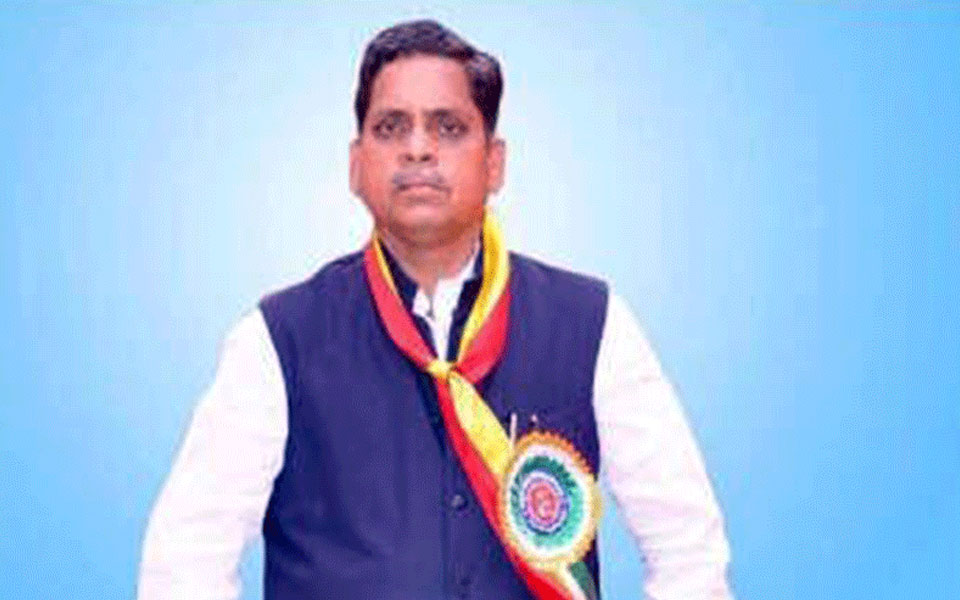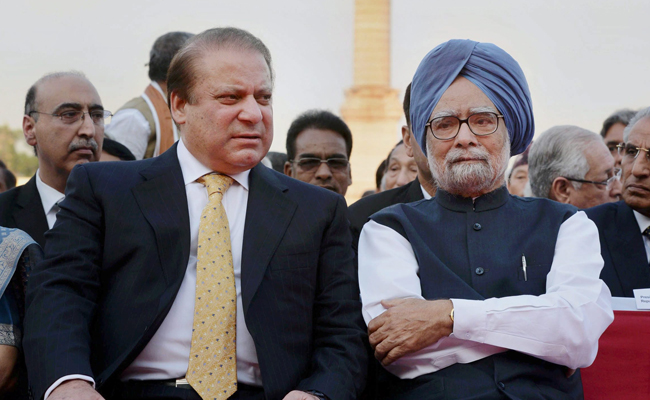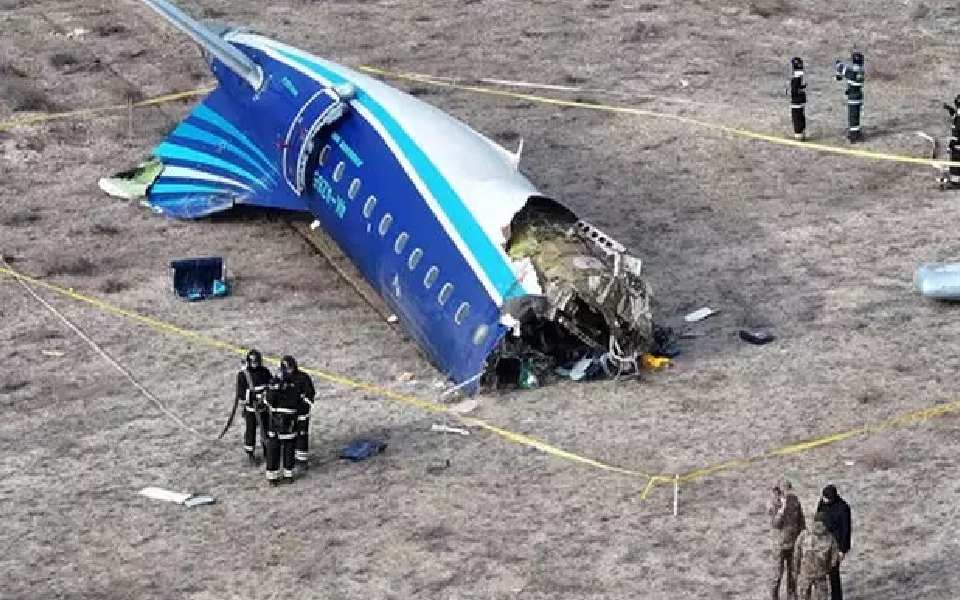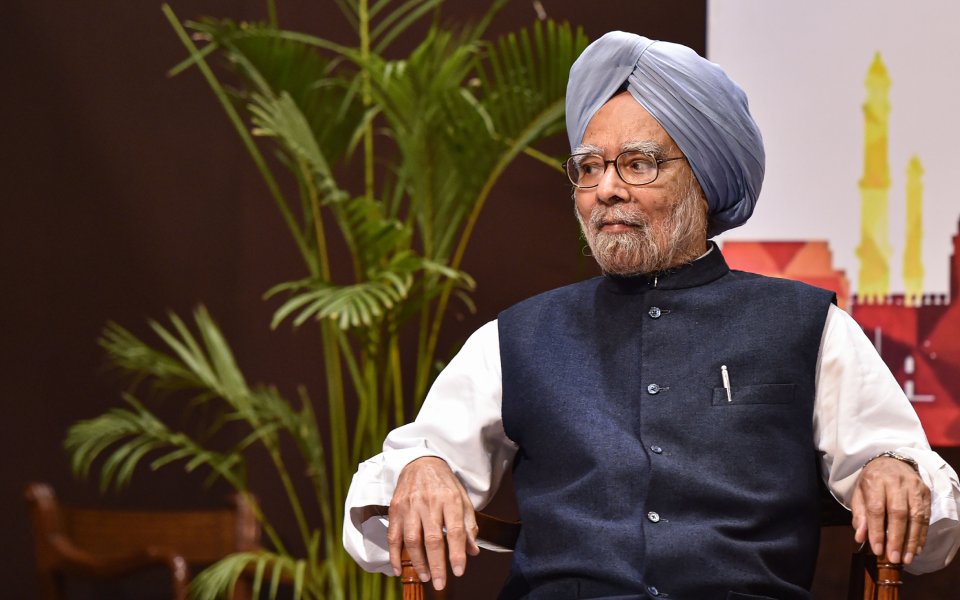Bagalkot, May 28: Senior Congress legislator Siddu B Nyamagouda from Karnataka's Bagalkot district died in a road accident near here on Monday, police said. He was 71 and leaves behind his widow, two sons and three daughters.
"The accident occurred near Tulasigeri village when the car in which Nyamagouda was travelling crashed into a divider after the driver lost control while trying to avoid a head-on collision with a truck," Tulasigeri police inspector M.B. Biradar told IANS. Bagalkot is 530 km from state capital Bengaluru and 20 km from Tulasigeri.
Four persons, including the driver, were injured. They have been admitted to a hospital here.
"The legislator was travelling to Jamkhandi via Bagalkot from Panaji in Goa upon his return from Delhi on Sunday night," Biradar said.
Nyamagouda was re-elected to the state Assembly in the May 12 election, defeating BJP's Kulkarni Shrikant Subrao by 2,795 votes. The veteran party leader was a Union Minister in the P.V. Narasimha Rao cabinet in 1990-91.
Chief Minister.D. Kumaraswamy and many Congress leaders mourned his untimely death.
Let the Truth be known. If you read VB and like VB, please be a VB Supporter and Help us deliver the Truth to one and all.
New Delhi (PTI): During his tenure as prime minister, Manmohan Singh "tried very hard" to establish "some kind of peace" with Pakistan but it didn't work, former deputy NSA and his then-close aide Pankaj Saran said.
Singh, the architect of India's economic reforms, died here at the age of 92 late on Thursday.
Saran on Thursday termed Singh's passing as "very unfortunate", and described him as an intellectual, an economist of world standing, but also a "man who symbolised humility".
He was a consensus builder, a very simple man, "never expected to be a prime minister, but he served for 10 years," the former deputy National Security Advisor (NSA) recalled.
Saran, a 1982-batch IFS officer, had served as India's envoy to Russia. He had also held various positions in India and abroad, including the country's high commissioner to Bangladesh.
He was appointed deputy NSA in 2018.
"He (Manmohan Singh) was always a great listener, intellectual, an economist of world standing, widely respected. He was the first (Indian) prime minister at the start of the G20 Summit in 2008, and he developed a very high reputation among the global leaders, whose understanding of economics... All in all, I would say, a very fine person, a great human being, both in his personal life and officially," Saran told PTI Videos.
Singh greatly believed that India's future "lay in good relations with the West", the former diplomat said.
"Among the neighbours, he tried very hard to establish some kind of peace with Pakistan but it didn't work. But he tried and he was very disappointed that his efforts did not succeed. In fact, they were rebuffed with the 26/11 Mumbai attacks in 2008 when he was prime minister, and that really shook him up very badly," he recalled.
Singh also made greater outreach to the Gulf and he visited Saudi Arabia, one of the first prime ministers to do so, Saran added.
The veteran diplomat said he felt that Singh "gave India a very good image overseas of someone who was deeply committed to the country... building the country".
"After all, he was also the shaper of the economic reforms that began in 1991. He was the architect of those reforms, he was deeply committed to the growth of the Indian economy. In the foreign policy field, I think he will go down in history as the leader who changed the paradigm of India-US relations with his success of the nuclear deal with the US," he said.
"So, both on economic policy and foreign policy, he made a mark, as someone who was respected, but as an individual very understated, very simple man, willing to learn, willing to read, willing to understand," Saran said.
"He never tried to assert himself or shut down contrary opinions. I think he was one of the greats of the non-family Congress, and serving as prime minister for 10 years, outside of the family, was a huge achievement," he said.





